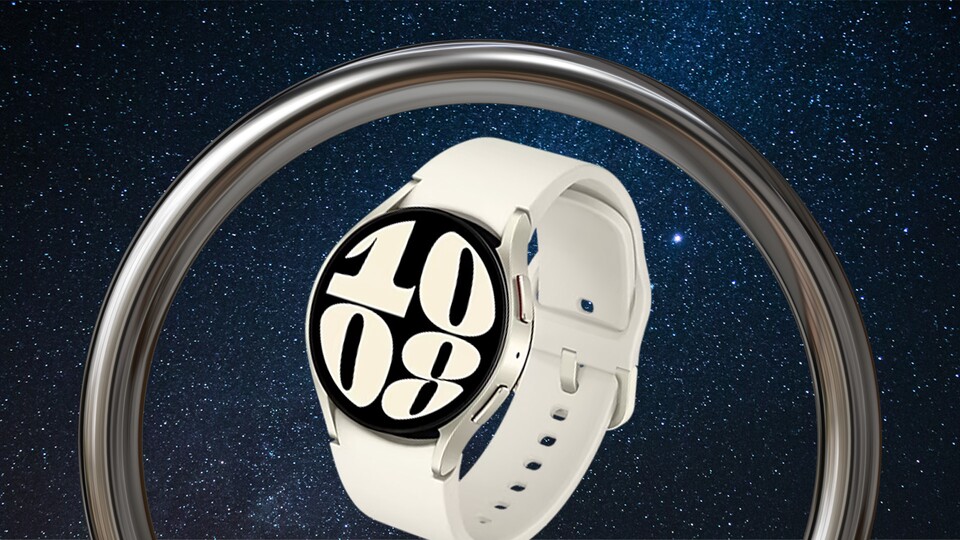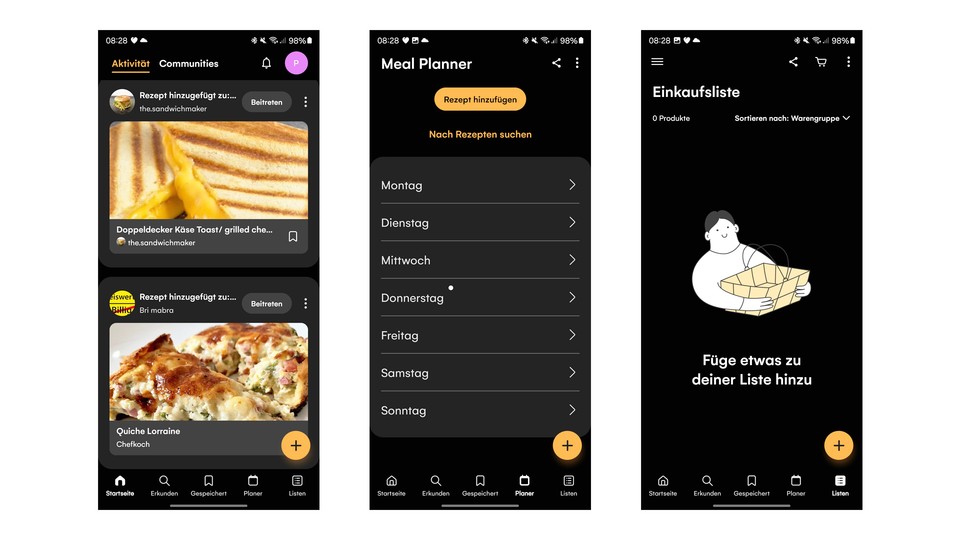
The battery life of the Galaxy Ring is said to be longer than that of the smartwatch. However, the smartwatch is equipped with a display. (Ali, minicase – Adobe Stock)
Advertisement
We will probably find out all the details about the Galaxy Ring on July 10th. In advance, we already know some of the advantages that Samsung might highlight.
Why this is important: The Galaxy Ring is said to last up to nine days without charging, thus eliminating a problem that many smartwatches have. The comments on our articles show that the issue of battery life is still a thorn in the side for many.
- This would allow Samsung to overtake its future direct competitor and market leader Oura (about five days).
- The Galaxy Ring is positioned as a fitness wearable, similar to smartwatches. Although the ring does not have a display, the gadget's features mean it is in the same category.
- The first tests will have to show whether the promise regarding battery life is actually kept.
- The FCC certification documents indicate that the battery will hold 17 mAh, 18.5 mAh and 22 mAh depending on the ring size.
In detail: The new wearable is supposed to have pretty much all the fitness functions and sensors of a smartwatch. In addition to measuring blood oxygen, body temperature, heart rate and ECG, other measurements during sleep are taken into account, including sleep latency, respiratory rate and nighttime movement.
Why rings are potentially better suited for sleep monitoring than smartwatches is explained in the following article:
Advertisement
According to the manufacturer, rudimentary fitness data such as a pedometer and automatic training detection are also on board.
A health score is also in the pipeline, which will determine daily performance from the measured data. Oura and Garmin already offer a similar function.


Samsung's Food app already exists. You can, for example, connect it to a suitable refrigerator from the manufacturer.
In combination with Galaxy AI, a connection to Samsung Food and a nutrition coach could also be available, which makes recommendations for healthy meals based on your data and your fitness goals.
At launch, features may be missing or stuck in the subscription
As an earlier report shows, not all health functions may be activated at the time of the market launch. This is due to regulatory hurdles in certification. It could well be that users will have to do without ECG and blood pressure measurements when the wearable is launched.
In addition, there are rumors that Samsung might hide some features behind a monthly fee in the form of a subscription service, which is not uncommon in the fitness wearables space.
Brands like Google, Oura, Whoop and Withings offer additional features only for a monthly fee.
So far, the health and fitness features of Galaxy wearables are free.
Prices and availability
The Galaxy Ring is expected to be priced similarly to Oura. Oura's ring is available from around 330 euros. It's quite possible that Samsung will price its wearable between 300 and 350 euros. There will probably be three color versions:
The ring will most likely be unveiled at the Unpacked event on July 10. In addition to the ring, a Galaxy Watch Ultra, new Galaxy Buds, and the Flip6 and Fold6 are expected.
Like last year, the event will be accompanied by a live stream here on GameStar Tech.